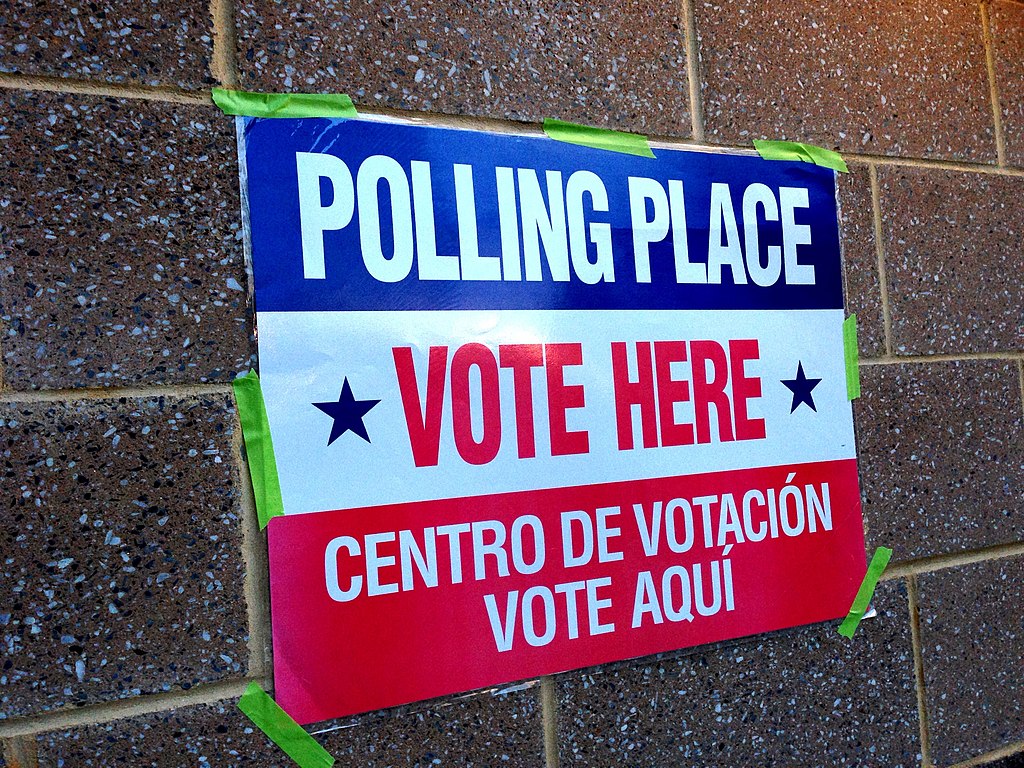Voter Choice for Massachusetts, the campaign sponsoring the ranked-choice voting initiative, announced on Twitter on July 10 that Massachusetts Secretary of State William Galvin had certified the initiative for the November ballot. The secretary of state confirmed that 17,512 of the 25,000 signatures submitted for the second deadline were valid. A total of 13,374 valid signatures was required.
The Massachusetts Ranked-Choice Voting Initiative would enact ranked-choice voting (RCV) for primary and general elections for state executive officials, state legislators, federal congressional and senate seats, and certain county offices beginning in 2022.
RCV is a voting method in which voters rank candidates according to their preferences. The candidate that receives a majority of first-preference votes is declared the winner. If no candidate wins a majority of first-preference votes, the candidate with the fewest first-preference votes is eliminated. First-preference votes cast for the failed candidate are eliminated, and the second-preference choices indicated on those ballots are tallied as their first preference in the following round. The process is continued until a candidate wins a simple majority (50%+1) of the vote.
As of 2020, Maine was the only state to use RCV for state-level elections. Currently, Cambridge, Massachusetts, is the only jurisdiction in the state to have used the voting system. Amherst and Easthampton have also adopted the system and are working on implementing it.
Voters in Alaska will also decide a ranked-choice voting initiative in November, and proponents of RCV initiatives in Arkansas and North Dakota submitted signatures in early July to qualify their measures for the November ballot.
The power of initiative is indirect in Massachusetts, which means the Massachusetts General Court must consider any successful initiative proposals. Petitions targeting the 2020 ballot had to first be cleared for circulation by the state attorney general before submitting the first round of 80,239 signatures (3 percent of the votes cast for governor in the last election) by December 4, 2019. Of the 10 initiatives cleared for circulation in September 2019, four initiatives submitted the first round of signatures. Voter Choice for Massachusetts reported submitting 111,268 raw signatures.
The Massachusetts General Court did not act on any of the indirect initiatives by the May 5, 2020 deadline, requiring the four remaining campaigns to submit a second round of signatures (0.5 percent of the votes cast for governor) by July 1, 2020.
Due to the coronavirus pandemic and subsequent restrictions on social gatherings, the four campaigns filed a joint lawsuit on April 26 against the secretary of state asking the Supreme Judicial Court to allow the campaigns to gather the second round of 13,347 signatures electronically.
On April 29, all four active ballot initiative campaigns and Secretary Galvin agreed to a resolution that allowed the campaigns to gather the second round of signatures electronically. Campaigns distributed the petitions online to be electronically signed or printed and mailed back to the respective campaign.
On June 17, 2020, Voter Choice for Massachusetts announced that it had submitted over 25,000 raw signatures for the second round. In the press release from Voter Choice Massachusetts, Cara Brown McCormick, a senior advisor to the campaign, said, “This was the first electronic signature drive to get a citizen’s initiative on the ballot in American history.”
The secretary of state also certified the Massachusetts “Right to Repair” Initiative, which would expand the access to telematics systems for vehicle owners and independent repair shops. Massachusetts voters approved a “right to repair” initiative in 2012. Proponents of the 2020 initiative argue that the 2012 law needs to be updated to account for recent technological advances.
Between 1996 and 2018, an average of three measures appeared on the ballot in Massachusetts during even-numbered election years. A total of 39 measures appeared during that period with 54% of the measures approved.


